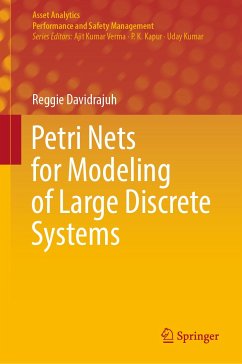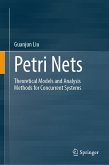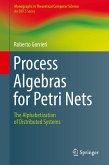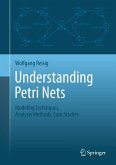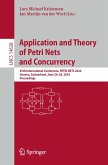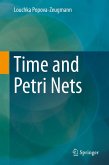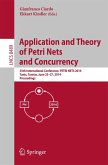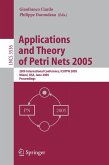This book offers a new Modular Petri Net as a solution to the vast Petri net models. It presents some approaches centering around modules (known as "Petri modules"). The goal of this book is to introduce a methodology in which Petri nets are moved to a new level. In this new level, large Petri net models are made of Petri modules, which are independent and run on different computers. This book also contains the literature study on modular Petri nets and definitions for the newer Petri modules. Also, algorithms for extracting Petri modules, and algorithms for connecting Petri modules, and applications are given in this book. Besides, the ideas and algorithms given in this book are implemented in the software General-purpose Petri Net Simulator (GPenSIM). Hence, with the use of this book the readers/users would be able to know that real-life discrete event systems could be modeled, analyzed, and performance-optimized with GPenSIM.
Dieser Download kann aus rechtlichen Gründen nur mit Rechnungsadresse in A, B, BG, CY, CZ, D, DK, EW, E, FIN, F, GR, HR, H, IRL, I, LT, L, LR, M, NL, PL, P, R, S, SLO, SK ausgeliefert werden.
Hinweis: Dieser Artikel kann nur an eine deutsche Lieferadresse ausgeliefert werden.

